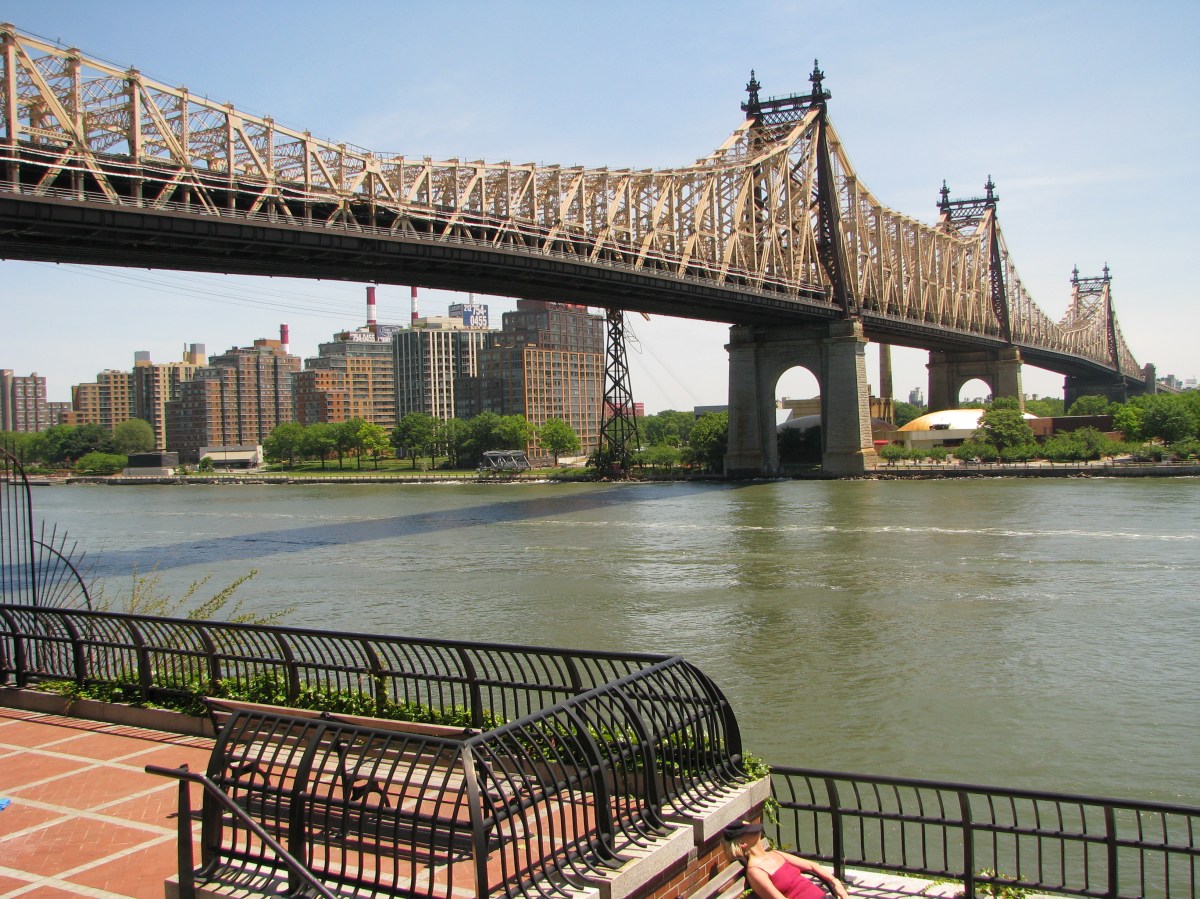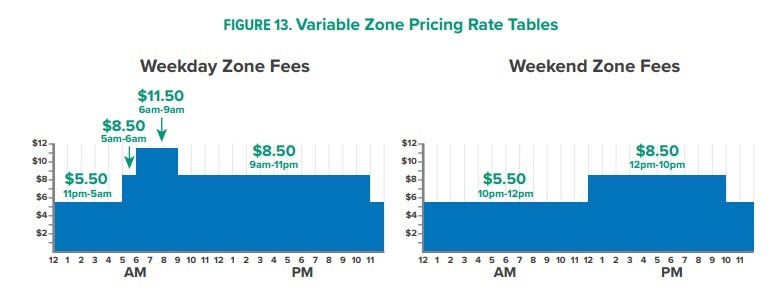Governor Andrew Cuomo released on Jan. 19 a much anticipated plan for congestion pricing, which the administration argues would ease traffic and provide an influx of funding for the cash-strapped MTA.
Unlike the Move NY plan created by leading transportation engineer “Gridlock” Sam Schwartz, the plan released by the governor’s Fix NYC panel excludes most of the East River crossings, including the Queensboro Bridge.
If the plan passes the state Legislature, most Queens drivers will not see any increases or decreases in bridge and tunnel fares.
The plan proposes charging vehicles a one-time fare of $11.52 from Monday through Friday, between the hours of 6 a.m. to 8 p.m. for those entering the Central Business District (CBD) in Manhattan. The report identifies the CBD as 60th Street and below. Fees could also vary depending on the time of day that vehicles enter the CBD.
It would exclude drivers using FDR Drive from the Brooklyn Bridge to 60th Street. The panel also suggests that those entering the congestion zone through the Queens Midtown Tunnel receive a credit for the amount of toll already paid.
Drivers would be charged if they enter Manhattan through either the Williamsburg or Manhattan Bridges because they would automatically enter the congestion zone; drivers on the Brooklyn Bridge who exit onto the FDR Drive rather than continue into the congestion zone would not be charged.
Trucks, which the panel sees as “a significant contributor to congestion in the CBD” would be charged a one-time fee of $25.34. For-hire vehicles and taxis would be exempt from the zone charge but they would see a surcharge of $2 to $5 as they enter Manhattan below 96th Street or 60th street.
A 2016 study found that New York City traffic congestion ranks second worst among cities in the United States and third worst among cities in the world. This congestion could cost the city $100 billion over the next five years.
The panel argues that congestion pricing could bring in revenues of $1.5 billion for the MTA. The plan would take approximately two years to implement in phases and the advisory panel also suggests taking other steps to improve congestion such as improving enforcement of traffic laws, overhauling the placard program and reforming the Taxi & Limousine Commission regulations.
Mayor Bill de Blasio, who believes that a millionaire’s tax is the best option for securing dedicated revenue for the MTA, expressed lukewarm approval of the plan on the Jan. 19 Brian Lehrer Show on WNYC radio.
“We have not gotten all the details,” he said. “But, look, there’s one thing I can say at the start, this plan certainly shows improvement over previous plans we’ve seen over the years, and that’s a good thing. Definitely a step in the right direction. It does not achieve, in my view, some of the things we need the most which is a guaranteed, reliable form of funding for the MTA.”
He also added that his plan would include Fair Fares, which are half-price MetroCards for low-income New Yorkers.
The plan by the Fix NYC panel has received mixed reviews from elected officials and transit advocates. Queens Assemblyman David Weprin said he is glad that the plan does not include imposing fares on East River crossings.
“I am pleased to hear that the governor did not include tolls on the East River bridge crossings, which have been free since 1911, as part of his 2018 Executive Budget Proposal,” Weprin said. “As I’ve expressed before, tolls impose an unfair burden on the middle class, small businesses, and those who cannot access public transportation.”
But he also announced that he, along with Councilman Barry Grodenchik, Queens Civic Congress and Queens Chamber of Commerce will hold a press conference on Jan. 21 to oppose the plan.
Staten Island Assemblywoman Nicole Malliotakis, who previously ran for mayor, and Senator Diane Savino said they could not support the governor’s plan and instead threw their support behind the Move NY plan.
“Instead of this egregious form of congestion pricing, we should focus on improving the Move NY plan, which is equitable among all boroughs and would reduce the Verrazano Bridge toll for both Brooklynites and Staten Islanders,” Malliotakis said.
Riders Alliance, a transit advocacy organization, praised the plan and urged Cuomo to use his “legendary political skills” to make the plan a reality.
“Governor Cuomo deserves credit for the Fix NYC panel’s proposal, which is a strong, progressive plan to raise the money we need to fix our ailing subways,” said John Raskin, executive director of the Riders Alliance. “As the transit system has deteriorated, beleaguered riders have been demanding relief from the governor. Any serious plan to fix the subway will require billions of dollars to implement, and this congestion pricing plan would make that possible.”


































